Merry Christmas! Today is noted by the USCCB, (United States Conference of Catholic Bishops), as a Christmas weekday since the celebration for Epiphany has been moved to Sunday. Does this mess with your thought process as much as it does mine? The Wise Men of my nativity set really want to be moved closer to the manger so they can offer respect to the new babe, Jesus the Christ. They have been on a long journey to discover and pay homage to Him.
I sometimes feel that way too, that the journey is long and He’s not quite within reach. Why is it that I can forget He is present in this world, in many more ways than to the Wise Men at the time of Jesus’ birth?
The Eucharist is the living presence of the body and blood of our Lord, Jesus Christ. This gift is freely given to us each and every time we approach the altar during the Eucharistic celebration of Mass. The AMEN proclaimed by every recipient is our YES. We believe that this is the true presence of Jesus.
Do I fully receive this gift? Do I open my heart, mind, body and soul to Him when I receive Him under my roof? Is my faith as big as a mustard seed or smaller? Am I willing to acknowledge the Lord is really in this world? Do I have the eyes, mind and heart to see, recognize and appreciate the gift of Him, in all aspects of our world?
I pray for the gift of awareness and recognition. I pray to act with courage to be a witness of the gifts and truths revealed to me. I pray the spirit of Christmas will be alive in your heart all the days of your life.
¡Feliz Navidad! Hoy es la USCCB (Conferencia de Obispos Católicos de los Estados Unidos) señala hoy como un sábado del Tiempo de Navidad ya que la celebración de la Epifanía se trasladó al domingo. ¿Esto altera tu proceso de pensamiento tanto como el mío? Los Reyes Magos de mi pesebre realmente quieren acercarse al pesebre para poder ofrecer respeto al recién nacido, Jesucristo. Han emprendido un largo viaje para descubrirlo y rendirle homenaje.
A veces yo también siento lo mismo, que el viaje es largo y que Él no está a nuestro alcance. ¿Por qué puedo olvidar que está presente en este mundo, de muchas más maneras que para los Reyes Magos en el momento del nacimiento de Jesús?
La Eucaristía es la presencia viva del cuerpo y la sangre de nuestro Señor Jesucristo. Este regalo se nos da gratuitamente cada vez que nos acercamos al altar durante la celebración eucarística de la Misa. El AMÉN proclamado por cada persona que recibe es nuestro SÍ. Creemos que es la presencia verdadera de Jesús.
¿Recibo plenamente este regalo? ¿Le abro mi corazón, mente, cuerpo y alma cuando lo recibo “en mi casa”? ¿Mi fe es tan grande como una semilla de mostaza o es más pequeña? ¿Estoy dispuesto a reconocer que el Señor está realmente presente en este mundo? ¿Tengo los ojos, la mente y el corazón para ver, reconocer y apreciar el regalo de Él, en todos los aspectos de nuestro mundo?
Pido por el don de la conciencia y el reconocimiento. Le pido la gracia de actuar con valentía para ser testigo de los dones y las verdades que se me revelan. Le pido que el espíritu de la Navidad esté vivo en tu corazón todos los días de tu vida.
 Beth Price is part of the customer care team at Diocesan. She is a Secular Franciscan (OFS) and a practicing spiritual director. Beth shares smiles, prayers, laughter, a listening ear and her heart with all of creation. Reach her here bprice@diocesan.com.
Beth Price is part of the customer care team at Diocesan. She is a Secular Franciscan (OFS) and a practicing spiritual director. Beth shares smiles, prayers, laughter, a listening ear and her heart with all of creation. Reach her here bprice@diocesan.com.
Feature Image Credit: Kenny Eliason, unsplash.com/photos/LmcPCp92KFo
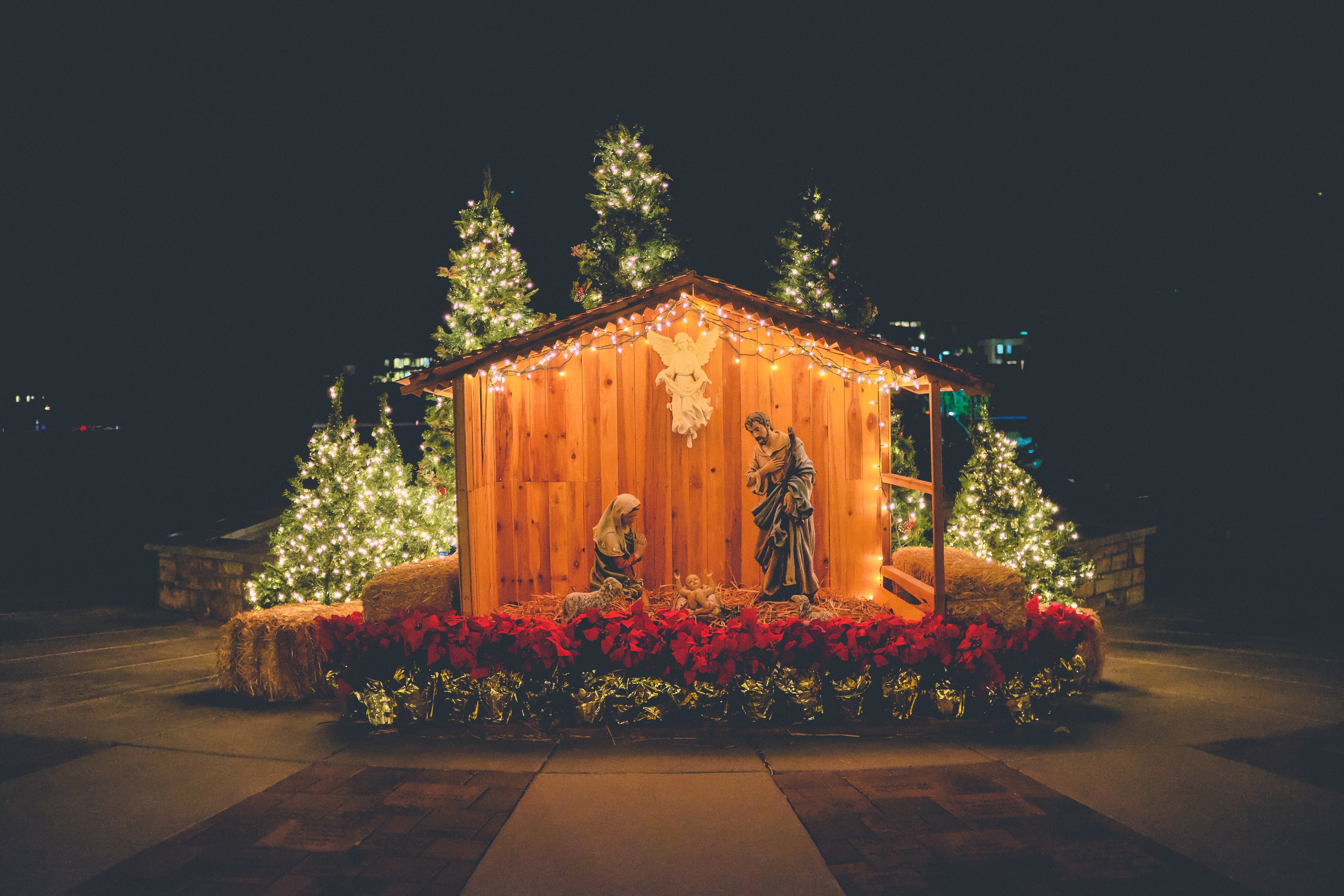

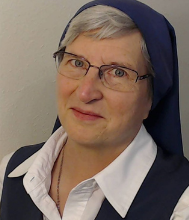 Sr. Mary Martha Moss, FSP has had the grace of serving the Lord for over 40 years as a Daughter of St. Paul. Joyfully engaged in the community’s media ministry, she has authored 3 children’s books, presented on various topics for adult faith formation, enjoyed running Online Book Studies, served as a Pauline Book & Media Center manager and continues singing the alto part with the Daughters of St. Paul Concert Choir.
Sr. Mary Martha Moss, FSP has had the grace of serving the Lord for over 40 years as a Daughter of St. Paul. Joyfully engaged in the community’s media ministry, she has authored 3 children’s books, presented on various topics for adult faith formation, enjoyed running Online Book Studies, served as a Pauline Book & Media Center manager and continues singing the alto part with the Daughters of St. Paul Concert Choir.
 Tami Urcia grew up in Western Michigan, a middle child in a large Catholic family. She spent early young adulthood as a missionary in Mexico, studying theology and philosophy, then worked and traveled extensively before finishing her Bachelor’s Degree in Western Kentucky. She loves tackling projects, finding fun ways to keep her little ones occupied, quiet conversation with the hubby and finding unique ways to love. She works full time, is a guest blogger on
Tami Urcia grew up in Western Michigan, a middle child in a large Catholic family. She spent early young adulthood as a missionary in Mexico, studying theology and philosophy, then worked and traveled extensively before finishing her Bachelor’s Degree in Western Kentucky. She loves tackling projects, finding fun ways to keep her little ones occupied, quiet conversation with the hubby and finding unique ways to love. She works full time, is a guest blogger on 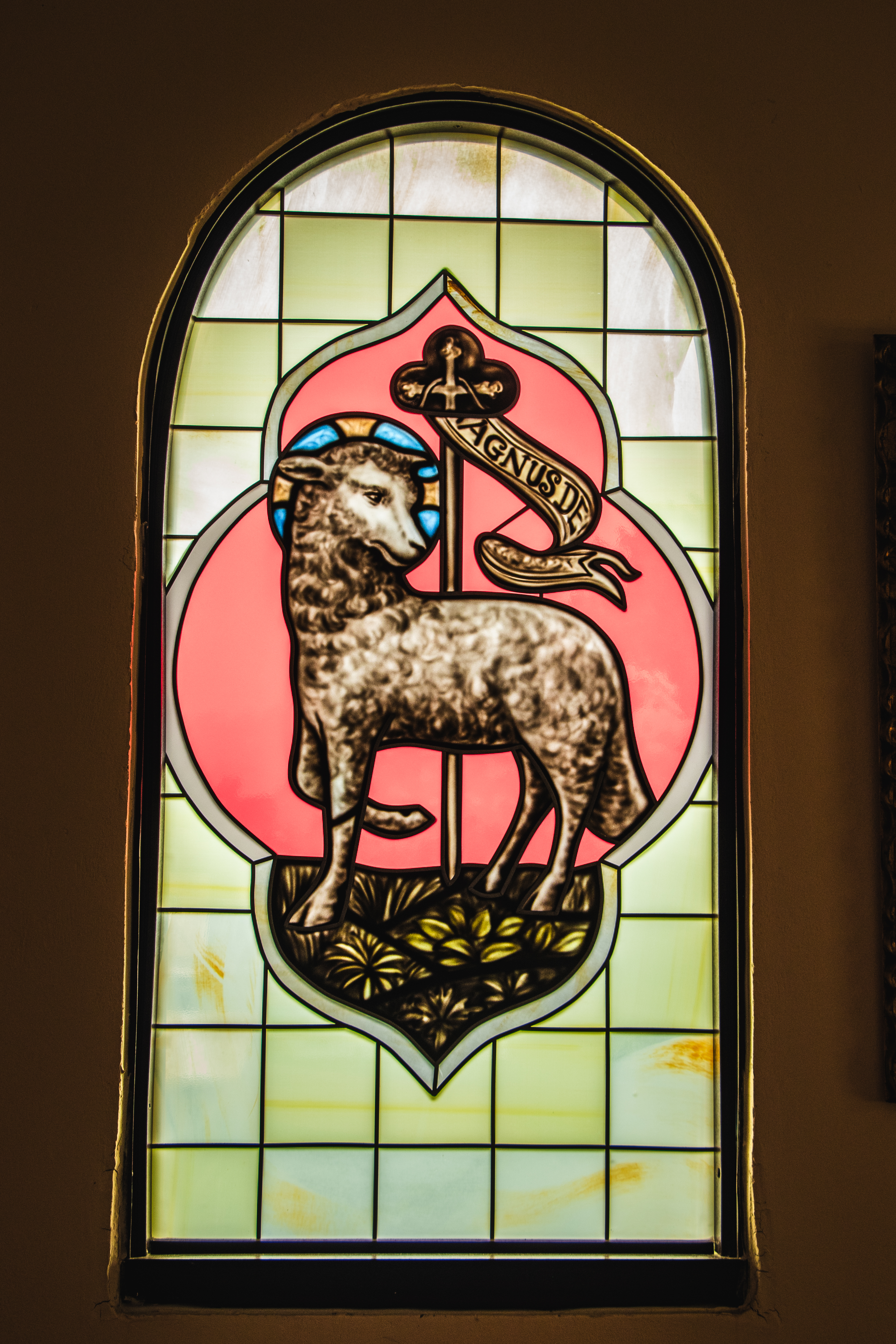
 Kathryn Mulderink, MA, is married to Robert, Station Manager for Holy Family Radio. Together they have seven children (including Father Rob), and seven grandchildren. She is President of the local community of Secular Discalced Carmelites and has published five books and many articles. Over the last 30 years, she has worked as a teacher, headmistress, catechist, Pastoral Associate, and DRE, and as a writer and voice talent for Catholic Radio. Currently, she serves the Church by writing and speaking, and by collaborating with various parishes and to lead others to encounter Christ and engage their faith. Her website is
Kathryn Mulderink, MA, is married to Robert, Station Manager for Holy Family Radio. Together they have seven children (including Father Rob), and seven grandchildren. She is President of the local community of Secular Discalced Carmelites and has published five books and many articles. Over the last 30 years, she has worked as a teacher, headmistress, catechist, Pastoral Associate, and DRE, and as a writer and voice talent for Catholic Radio. Currently, she serves the Church by writing and speaking, and by collaborating with various parishes and to lead others to encounter Christ and engage their faith. Her website is 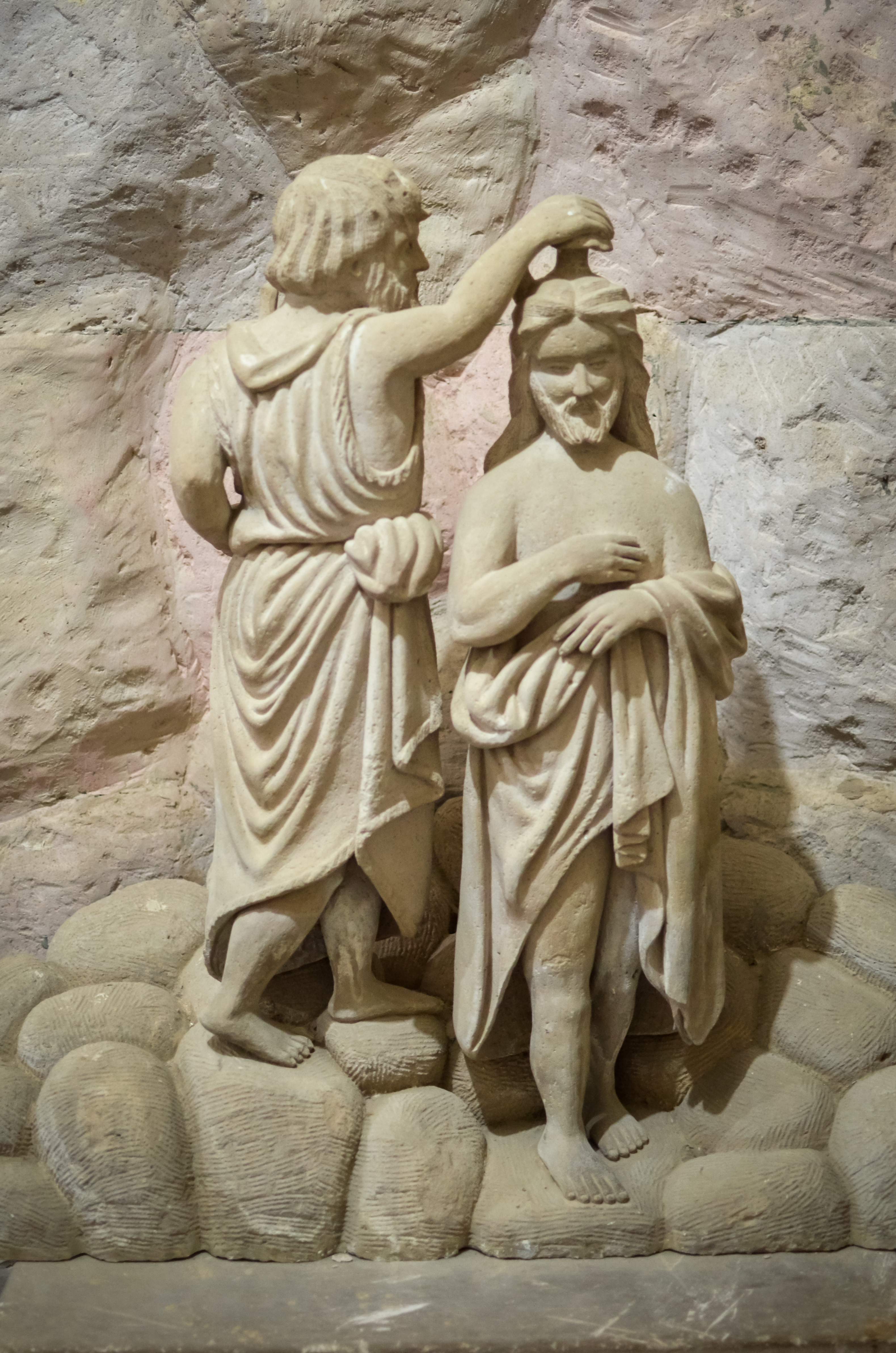

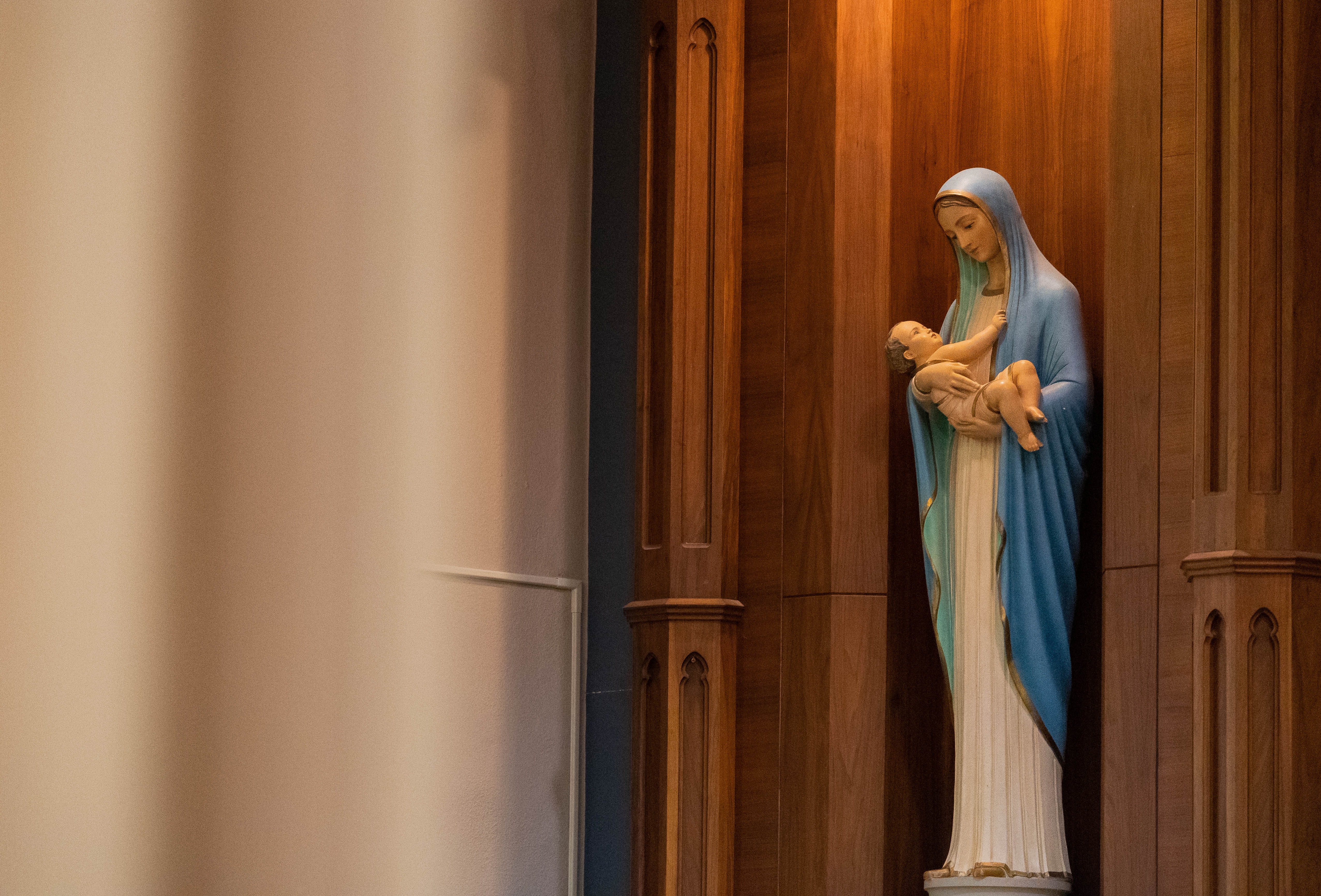
 Deanna G. Bartalini, M.Ed.; M.P.A., is a certified spiritual director, writer, speaker and content creator. The
Deanna G. Bartalini, M.Ed.; M.P.A., is a certified spiritual director, writer, speaker and content creator. The 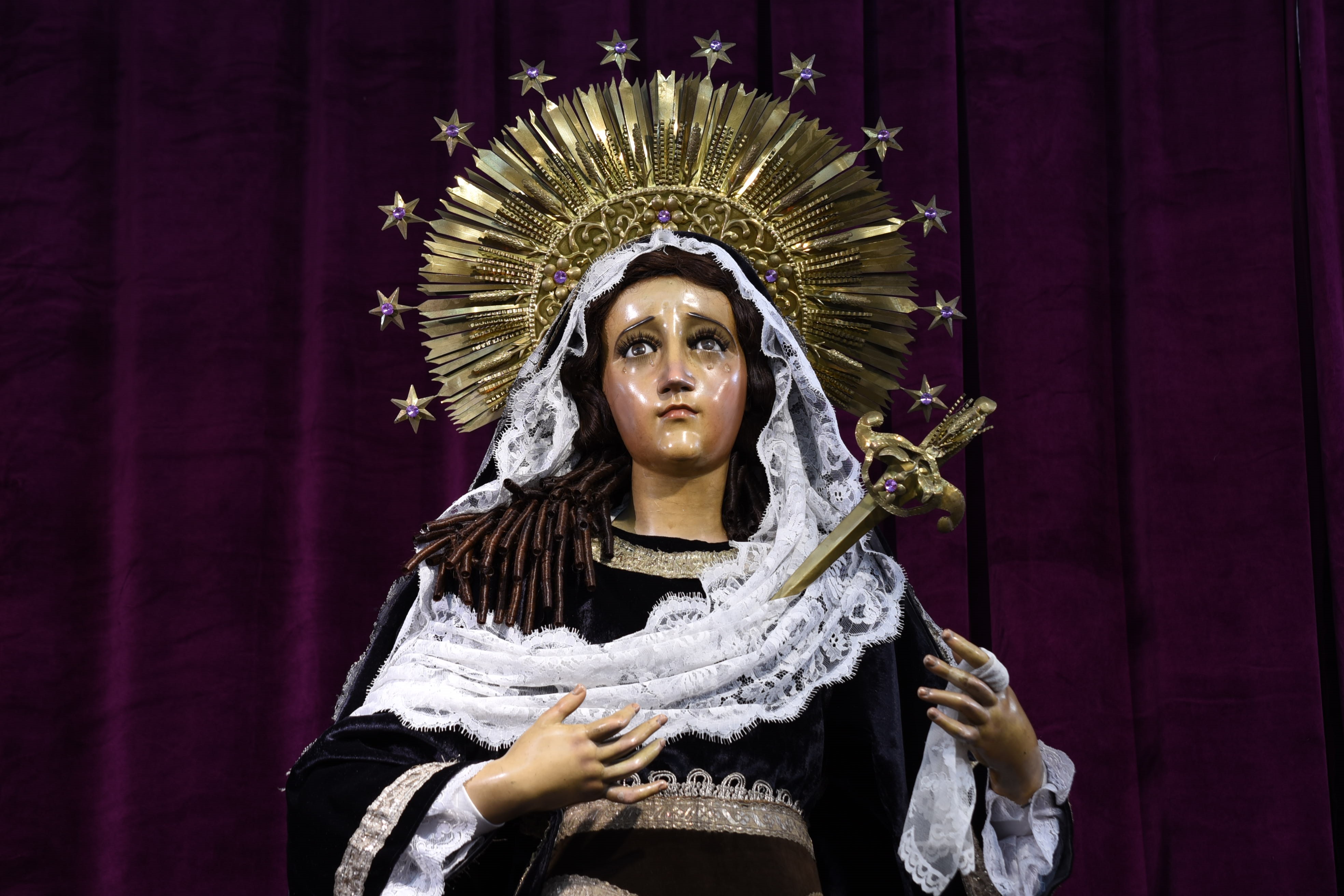
 Dr. Alexis Dallara-Marsh is a board-certified neurologist who practices in Bergen County, NJ. She is a wife to her best friend, Akeem, and a mother of two little ones on Earth and two others in heaven above.
Dr. Alexis Dallara-Marsh is a board-certified neurologist who practices in Bergen County, NJ. She is a wife to her best friend, Akeem, and a mother of two little ones on Earth and two others in heaven above.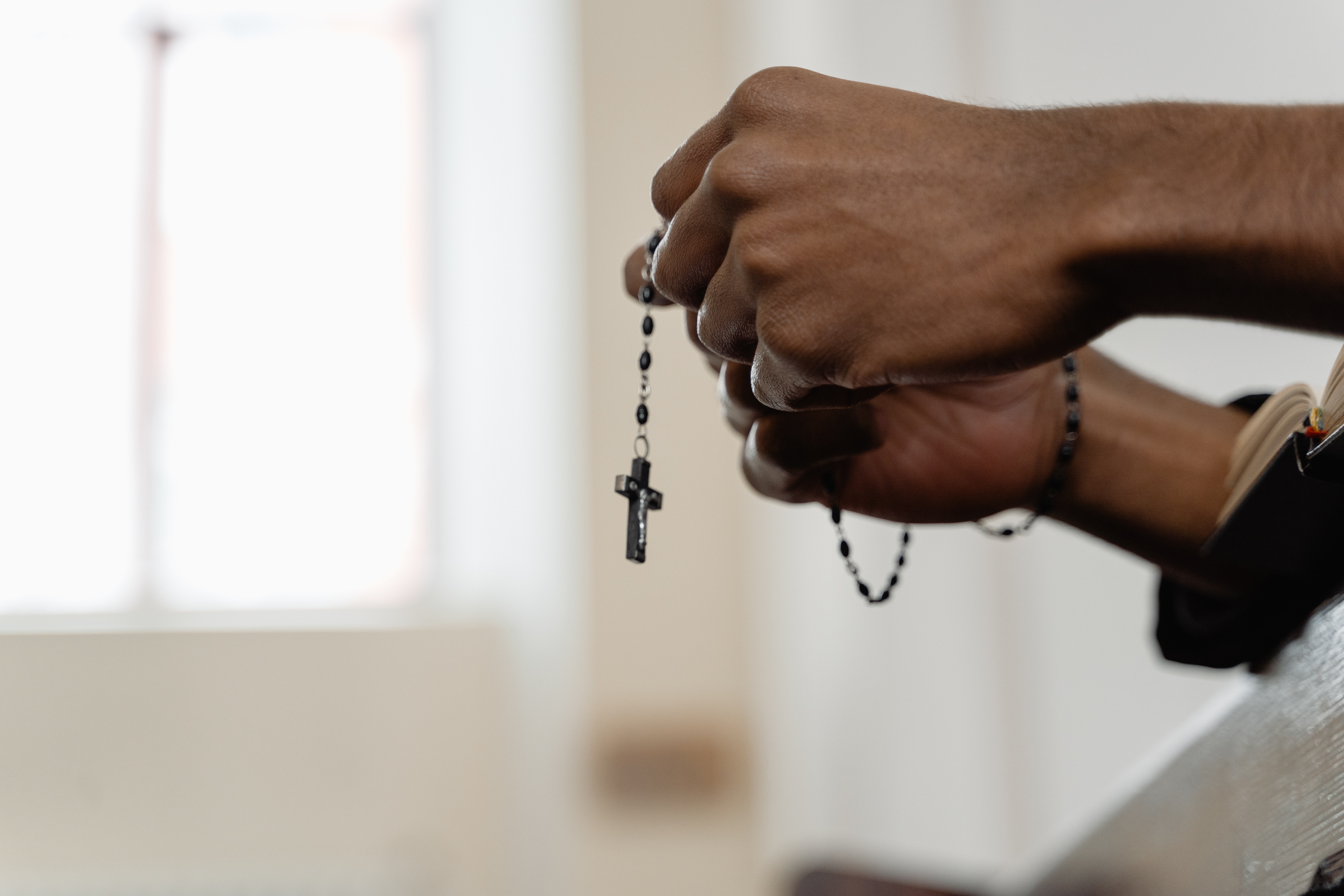
 Kate Taliaferro is an Air Force wife and mother. She is blessed to be able to homeschool, bake bread and fold endless piles of laundry. When not planning a school day, writing a blog post or cooking pasta, Kate can be found curled up with a book or working with some kind of fiber craft. Kate blogs at
Kate Taliaferro is an Air Force wife and mother. She is blessed to be able to homeschool, bake bread and fold endless piles of laundry. When not planning a school day, writing a blog post or cooking pasta, Kate can be found curled up with a book or working with some kind of fiber craft. Kate blogs at 
 David Dashiell is a freelance author and editor in Nashville, Tennessee. He has a master’s degree in theology from Franciscan University, and is the editor of the anthology
David Dashiell is a freelance author and editor in Nashville, Tennessee. He has a master’s degree in theology from Franciscan University, and is the editor of the anthology 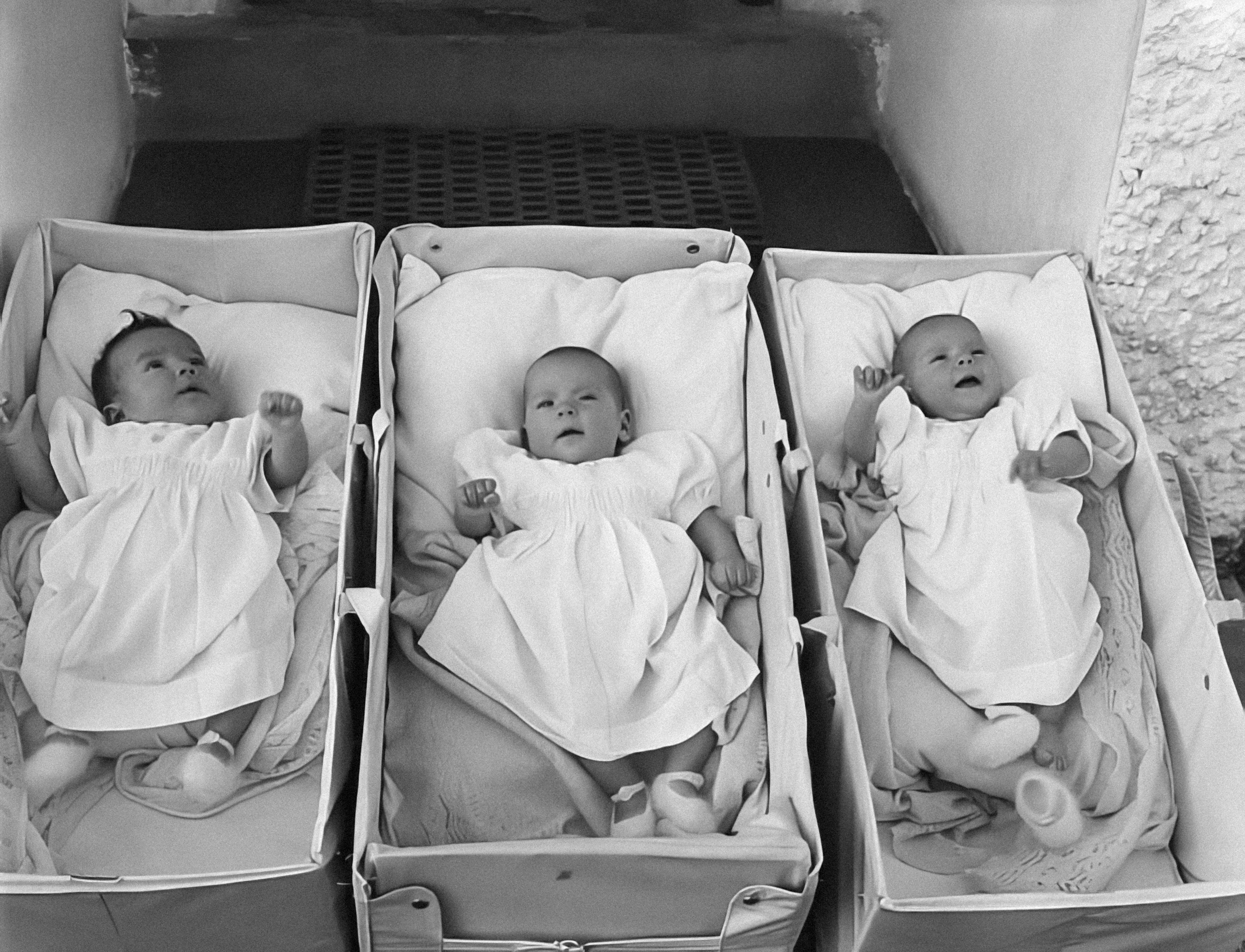
 Deacon Dan Schneider is a retired general manager of industrial distributors. He and his wife Vicki have been married for over 50 years. They are the parents of eight children and thirty grandchildren. He has a degree in Family Life Education from Spring Arbor University. He was ordained a Permanent Deacon in 2002. He has a passion for working with engaged and married couples and his main ministry has been preparing couples for marriage.
Deacon Dan Schneider is a retired general manager of industrial distributors. He and his wife Vicki have been married for over 50 years. They are the parents of eight children and thirty grandchildren. He has a degree in Family Life Education from Spring Arbor University. He was ordained a Permanent Deacon in 2002. He has a passion for working with engaged and married couples and his main ministry has been preparing couples for marriage.
 Merridith Frediani loves words and is delighted by good sentences. She also loves Lake Michigan, dahlias, the first sip of hot coffee in the morning, millennials, and playing Sheepshead with her husband and three kids. She writes for Catholic Mom, Diocesan.com, and her local Catholic Herald. Her first book Draw Close to Jesus: A Woman’s Guide to Adoration is available at Our Sunday Visitor and Amazon. You can learn more at
Merridith Frediani loves words and is delighted by good sentences. She also loves Lake Michigan, dahlias, the first sip of hot coffee in the morning, millennials, and playing Sheepshead with her husband and three kids. She writes for Catholic Mom, Diocesan.com, and her local Catholic Herald. Her first book Draw Close to Jesus: A Woman’s Guide to Adoration is available at Our Sunday Visitor and Amazon. You can learn more at 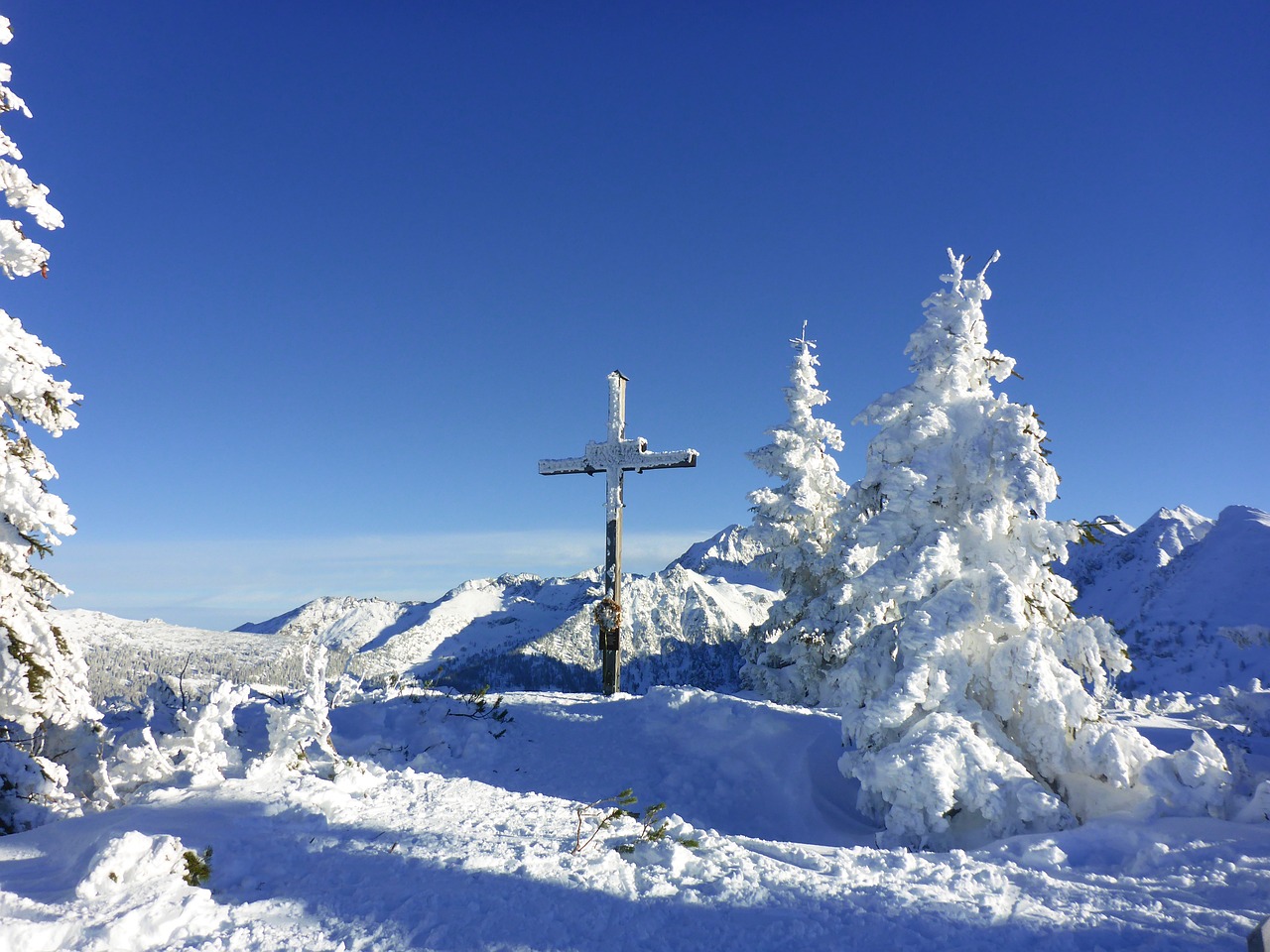
 Leslie Sholly is a Catholic, Southern wife and mother of five, living in her hometown, Knoxville, Tennessee. She graduated from Georgetown University with an English major and Theology minor. She blogs at
Leslie Sholly is a Catholic, Southern wife and mother of five, living in her hometown, Knoxville, Tennessee. She graduated from Georgetown University with an English major and Theology minor. She blogs at 